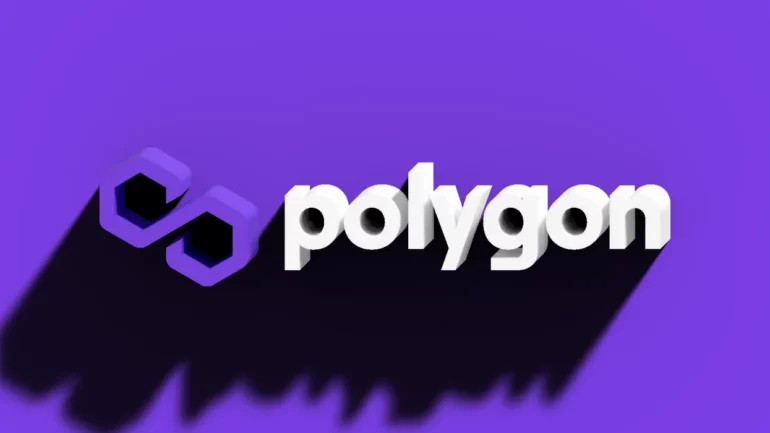- Polygon co-founder Mihailo Bjelic unveiled a new Polygon improvement proposal earlier today.
- The proposal seeks to upgrade Polygon’s proof of stake chain to zkEVM Validium.
- The proposal addresses several concerns, including security, gas spike issues, and reorg issues.
- If approved, the zk compatibility would bring scalability, faster transactions, and greater decentralization to the network.
Polygon co-founder Mihailo Bjelic has proposed a major upgrade to the network’s proof of stake (PoS) architecture. The proposal seeks to upgrade the PoS chain to a zkEVM Validium. Polygon, whose zk rollup went live earlier this year, would still be compatible with the Ethereum Virtual Machine as per the latest proposal.
MATIC Would Remain Polygon’s Native Staking Token
According to the pre-Polygon Improvement Proposal (PIP) discussion started by Mihailo Bjelic on the network’s governance forum, the proposed upgrade to a zkEVM validium would address the network’s current problems including the security issues, its reliance on Cosmos SDK and Geth, and gas spikes as well as reorg issues. The proposal added that MATIC would continue to serve as Polygon’s staking token.
zkEVM Validium has been presented as a viable, beneficial, and straightforward solution for Polygon’s ongoing issues. Direct benefits of the upgrade would include increased security by leveraging Ethereum’s high security, and future-proof tech stack rather than legacy blockchain architecture. If approved the proposal would also eliminate reorgs, speed up transaction confirmations, increase stability and fee estimation, and bring greater decentralization while making it compatible with Polygon 2.0.
“Upgraded Polygon PoS (zkEVM validium) would offer very high scalability and very low fees, with the tradeoff of storing transaction data locally instead of on Ethereum. It would be a great fit for applications that have high transaction volume and require low transaction fees, e.g. Web3 gaming and social.”
Mihailo Bjelic, co-founder, Polygon
As per the timeline laid out in accordance with the governance process, the pre-PIP discussion and consensus are expected to be done before the end of July 2023. PIP publishing, discussion, and consensus would take place between October as well as November 2023. That would be followed by PIP implantation and testing between November and January 2024. Lastly, the upgrade and PIP activation on the mainnet would take place between February 2024 and March 2024.



